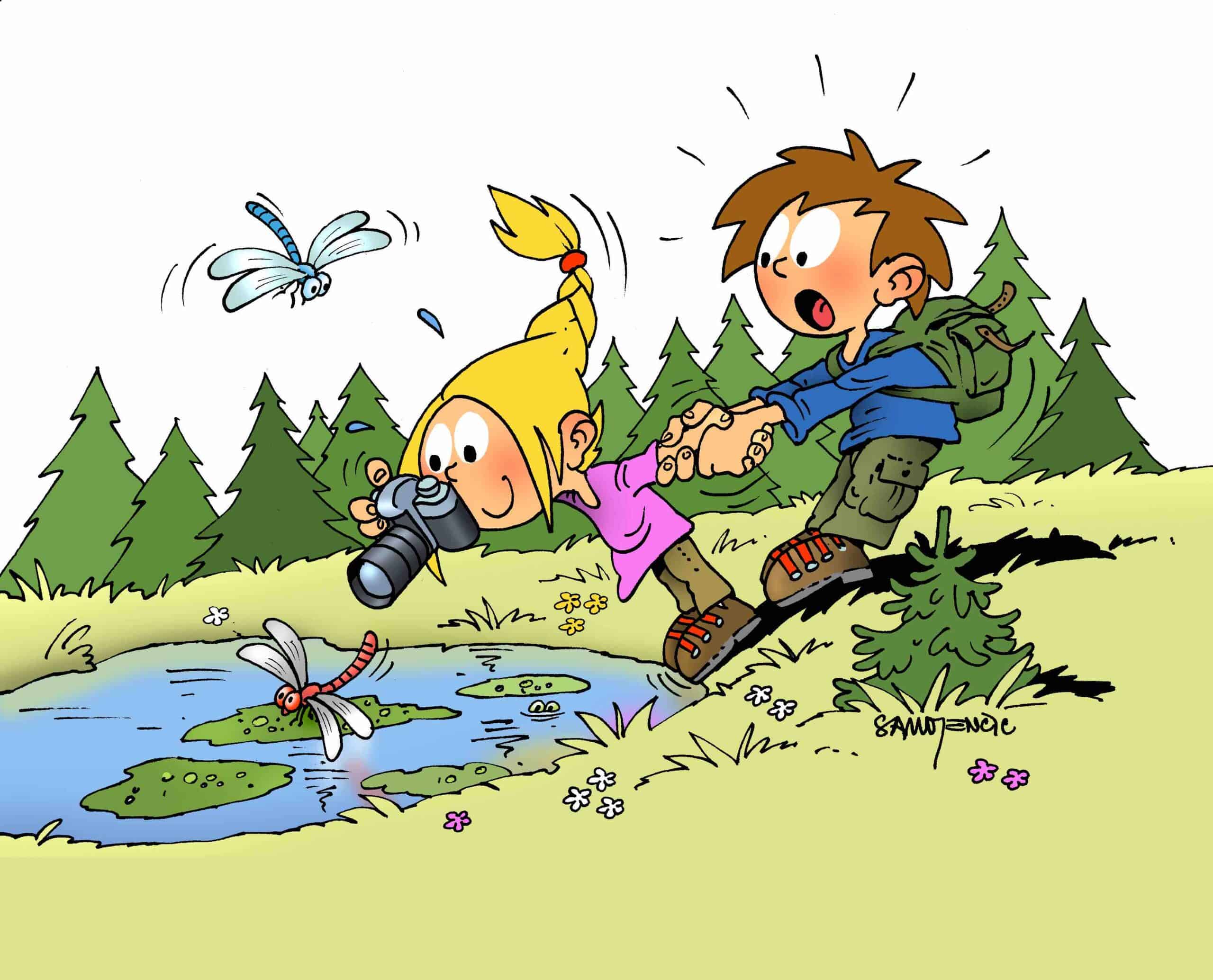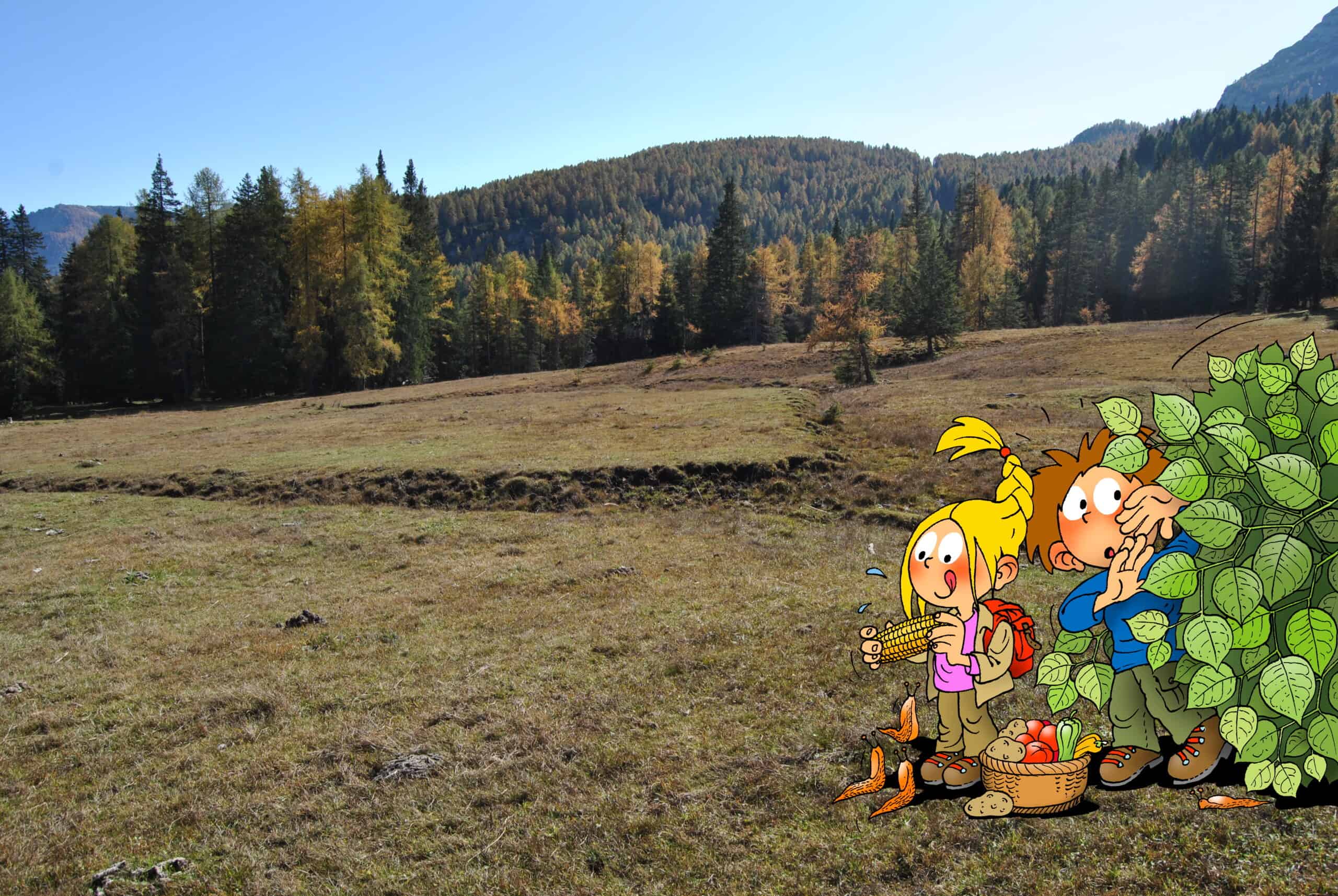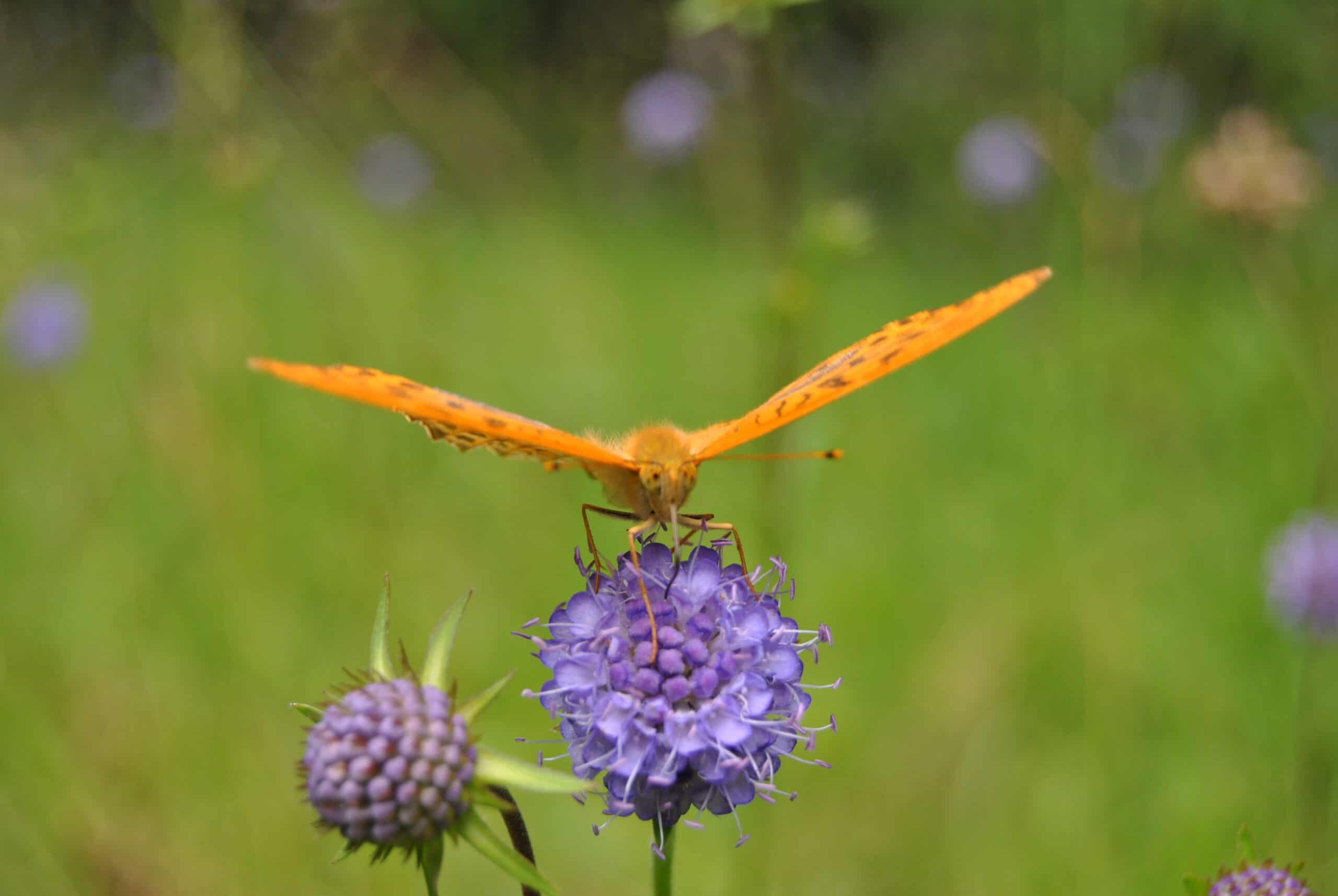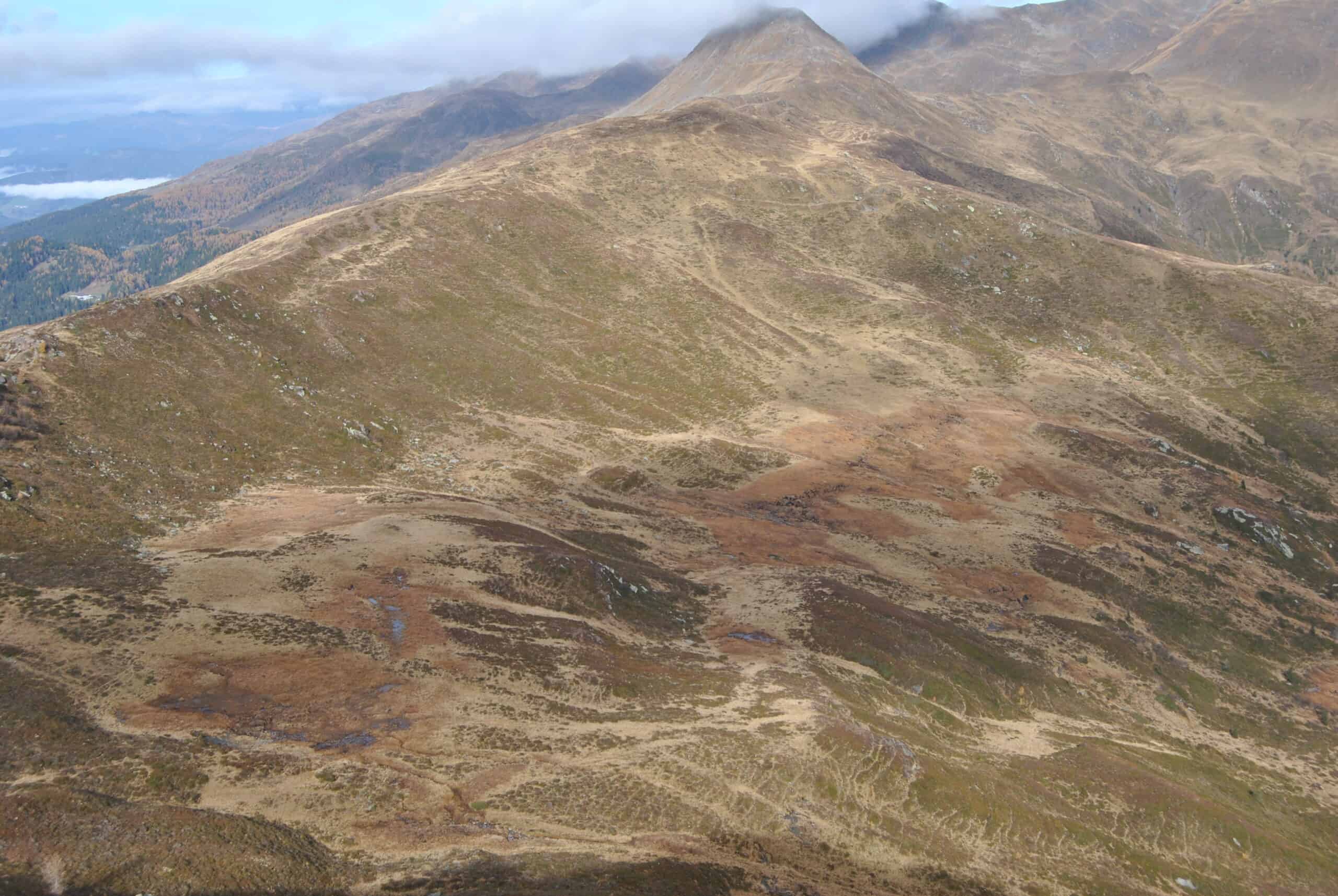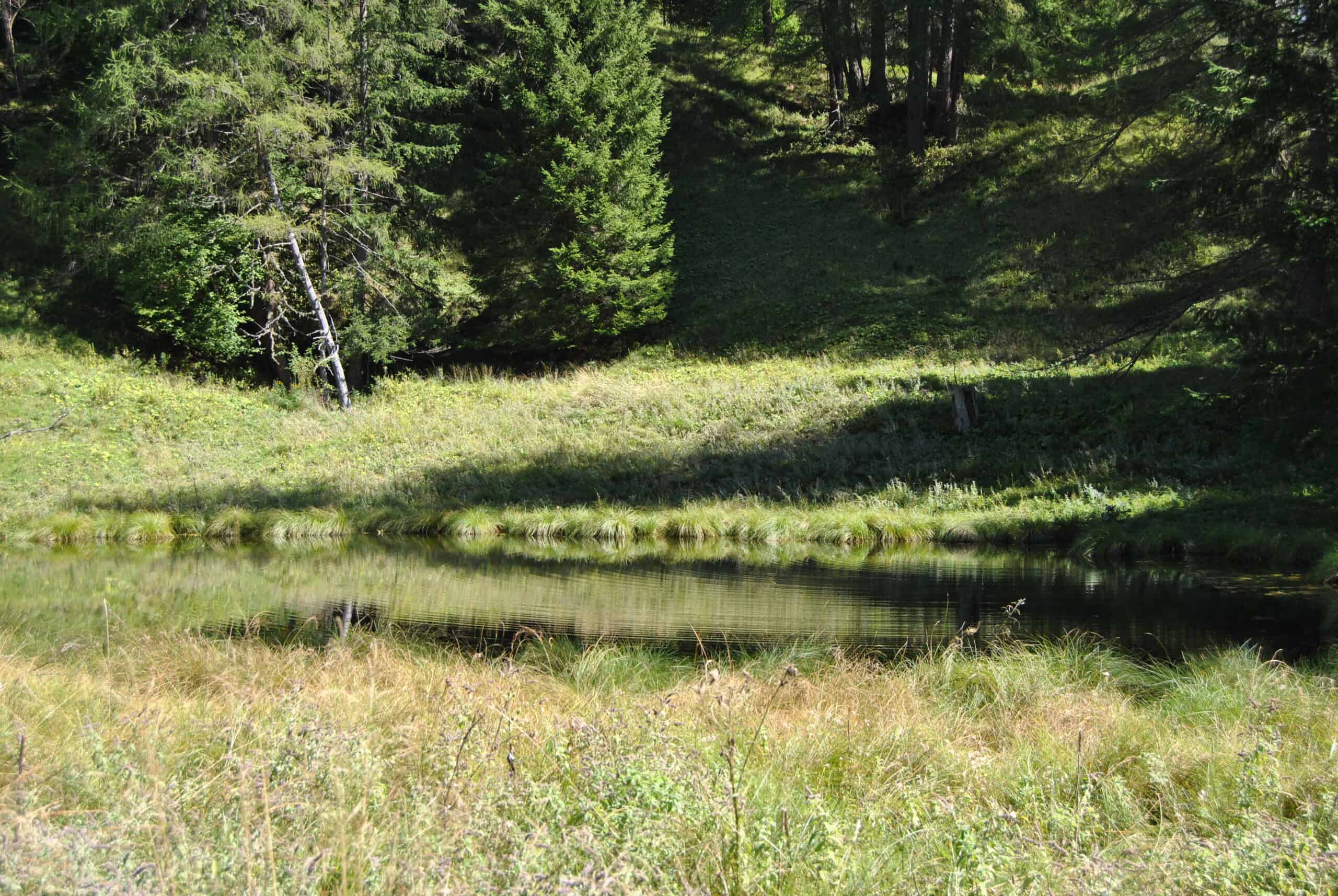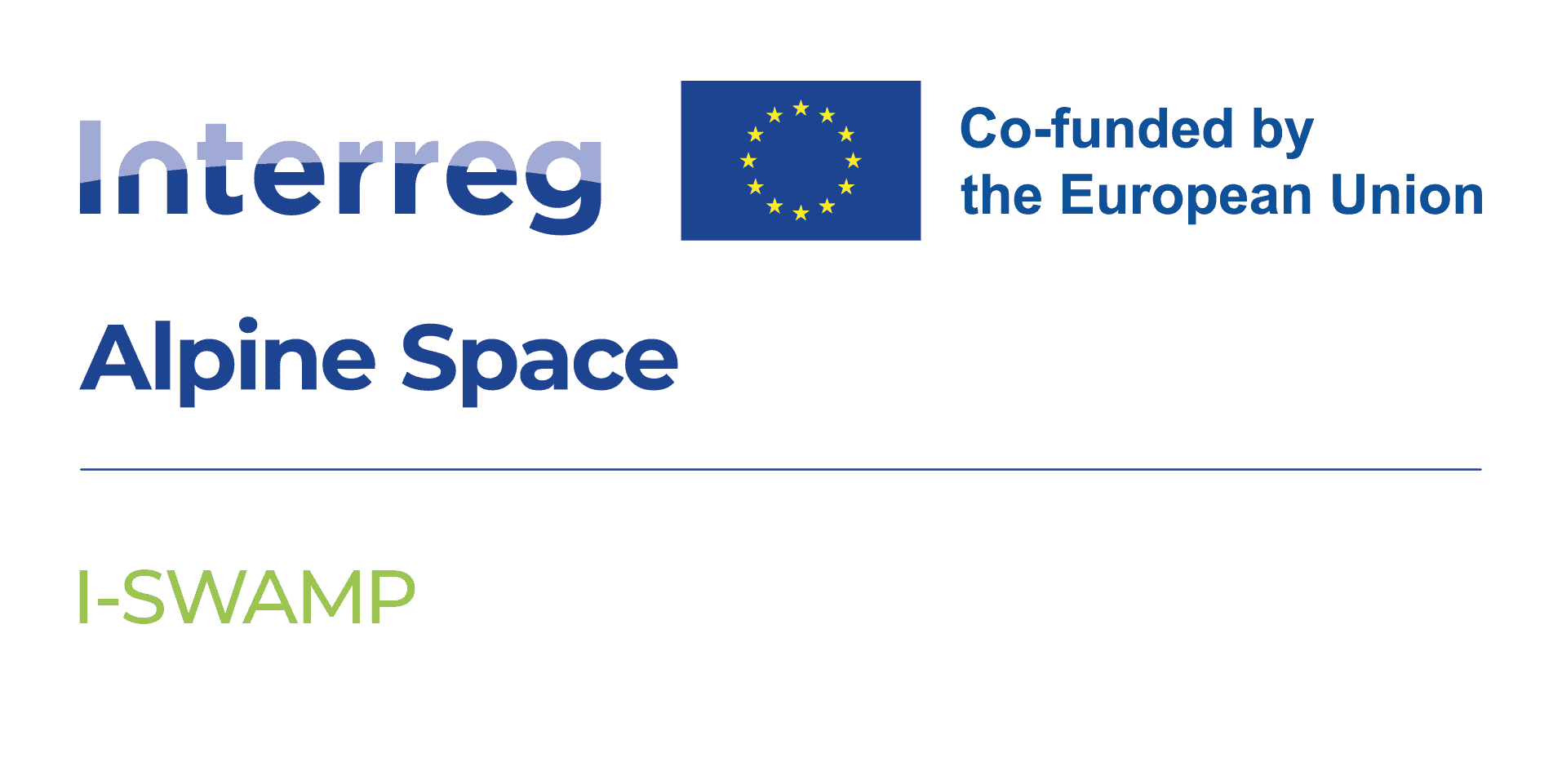
Overview
Ponds and other small wetlands have been widely destroyed or modified in the Alpine region, and are often not properly managed. The project I-SWAMP rolls out a method for the conservation of small Alpine wetlands with an approach based on both science-based decision-making and responsibilisation of local communities. A protocol for the monitoring and conservation of small Alpine wetlands will support local authorities in making well-informed decisions about wetland management. Courses and activities of environmental education will develop the knowledge of communities, public and economic players about the Alpine blue infrastructure. This integrated approach helps to protect and restore wetlands at a regional scale, to avoid further loss of biodiversity, habitats and ecosystem services.
Factsheet
- 2021 – 2027
- Climate resilient and green Alpine region
- SO 1.2 - Enhancing protection and preservation of nature, biodiversity and green infrastructure, including in urban areas, and reducing all forms of pollution
-
- AG7 Ecological connectivity
- 09/2022
- 02/2024
- 404.600 EUR
- 303.450 EUR
Description
I-SWAMP (Integrated Small Wetlands of the Alps Monitoring and Protection) is a small-scale project, co-funded by the European Union in the Interreg Alpine Space program.
TESAF (Territorio e Sistemi Agro-Forestali, or Land, Forestry and Agriculture) department of the University of Padova, Italy, is the lead partner, while EGTC Geopark Karawanken/Karawanke (cross-border Austrian-Slovenian park, representing Austria) and the Institute of the Republic of Slovenia for Nature Conservation (IRSNC or Zavod Republike Slovenije za Varstvo Narave, ZRSVN, Slovenia) are full partners.
The University of Padova is an 800-year-old institution with strong tradition in higher education and research. Its TESAF department has a 50-year-long relationship with the Dolomites and Cadore, where it has its Center for Alpine Environment Studies. The department has expertise in Forestry and Ecology research, often with a hands-on approach.
The EGTC Geopark Karawanke/Karawanken manages a UNESCO Global Geopark, an area that is rich in geological, natural and cultural heritage. This richness is preserved with technical, educational and policy competences. The institution has a well-established network with authorities, NGOs, tourism operators and communities on both sides of the border and works on nature education with Geopark schools in Austria and Slovenia.
IRSNC is the only public professional organization for nature conservation in Slovenia, founded under the 1999 "Nature Conservation Act". This institution has renowned experience in developing policies and strategies for the joint management of protected areas, Natura 2000 areas and areas of special natural feature, as well as in project management, interpretation of nature and environmental education.
The project specific objective is to roll-out a method for the conservation of small Alpine wetlands that are not properly managed or are neglected, focusing on science-based decision-making and responsibilization of local communities.
The expertise of the partners will be used to address the dramatic situation of Alpine wetlands: many wetland habitats have disappeared (in the Alps and elsewhere) in the last centuries. In many cases, this loss was caused by human activities: direct destruction, to make place to new buildings or infrastructure erased many habitats; the abandonment of traditional mowing and management of pastures and ponds led to overgrowth or to excessive shadow and isolation; excessive or unregulated cattle grazing led to eutrophication; the drainage of peatlands, to allow peat extraction or land reclamation modified these fragile habitats; the introduction of invasive species sometimes led to local extinction; global warming led to an upward shift of many species, toward higher elevation. All of these processes, and many others, contributed to habitat loss and modification, affecting wetland biodiversity.
This is particularly true for small wetlands: deemed minor habitats, they are often neglected or not properly managed, and are sometimes excluded from regulation and monitoring.
I-SWAMP wants to have a positive impact on the conservation of small Alpine wetlands in many ways:
- A small group of wetland sites (2-6 for each country) will be selected, to be monitored and restored;
- The sites’ biodiversity will be studied, contributing to the knowledge of these often-neglected habitats and informing restoration decisions;
- Volunteers from local communities and associations will be involved in the restoration (mowing, tree-cutting, rewetting, cattle exclusion, etc.);
- Guidelines for wetland monitoring and restoration will be prepared;
- Stakeholders from the local communities (local authorities, landowners, hiking guides, foresters and other professionals, NGOs etc.) will be involved, and they will be offered dedicated training;
- Educational material in the form of a didactic booklet for kids aged 6 to 14 will be prepared;
- Lectures and workshops will be offered to schools;
- Webinars and seminars will be organized.
All the field work will be carried out in 2023, with monitoring starting in march and restoration activities mostly implemented at the end of summer, to comply to the best practices and local or national regulation.
Stay in touch or follow us on Facebook to know more about our activities and learn more about Alpine wetlands!
Outcomes
-
Common protocol/guidelines for the evaluation and conservation of small Alpine wetlands
The three partners will collectively develop protocols/guidelines for biodiversity surveys, site evaluation and conservation of small wetlands (deliverable 1.2.1) (1,00). This tool will be implemented in at least 2 sites per partner, and the outcomes and, if necessary, any adaptation of said guidelines will be collected in 2 reports (deliverables 1.3.1 and 1.4.1). This solution will be made known and provided to authorities and stakeholders to be scaled up deliverable 1.2.2).
Videos
Downloads
-
This is the English/French version of the didactic booklet about Alpine wetlands, prepared by the I-SWAMP partnership. This handbook contains a first part of theory about wetlands ecology, biodiversity and conservation, and a second part providing useful and interesting workshops for kids aged 6 to 14.Download
-
This is the Italian/German version of the didactic booklet about Alpine wetlands, prepared by the I-SWAMP partnership. This handbook contains a first part of theory about wetlands ecology, biodiversity and conservation, and a second part providing useful and interesting workshops for kids aged 6 to 14.Download
-
This is the Slovene/German version of the didactic booklet about Alpine wetlands, prepared by the I-SWAMP partnership. This handbook contains a first part of theory about wetlands ecology, biodiversity and conservation, and a second part providing useful and interesting workshops for kids aged 6 to 14.Download
Project calendar
